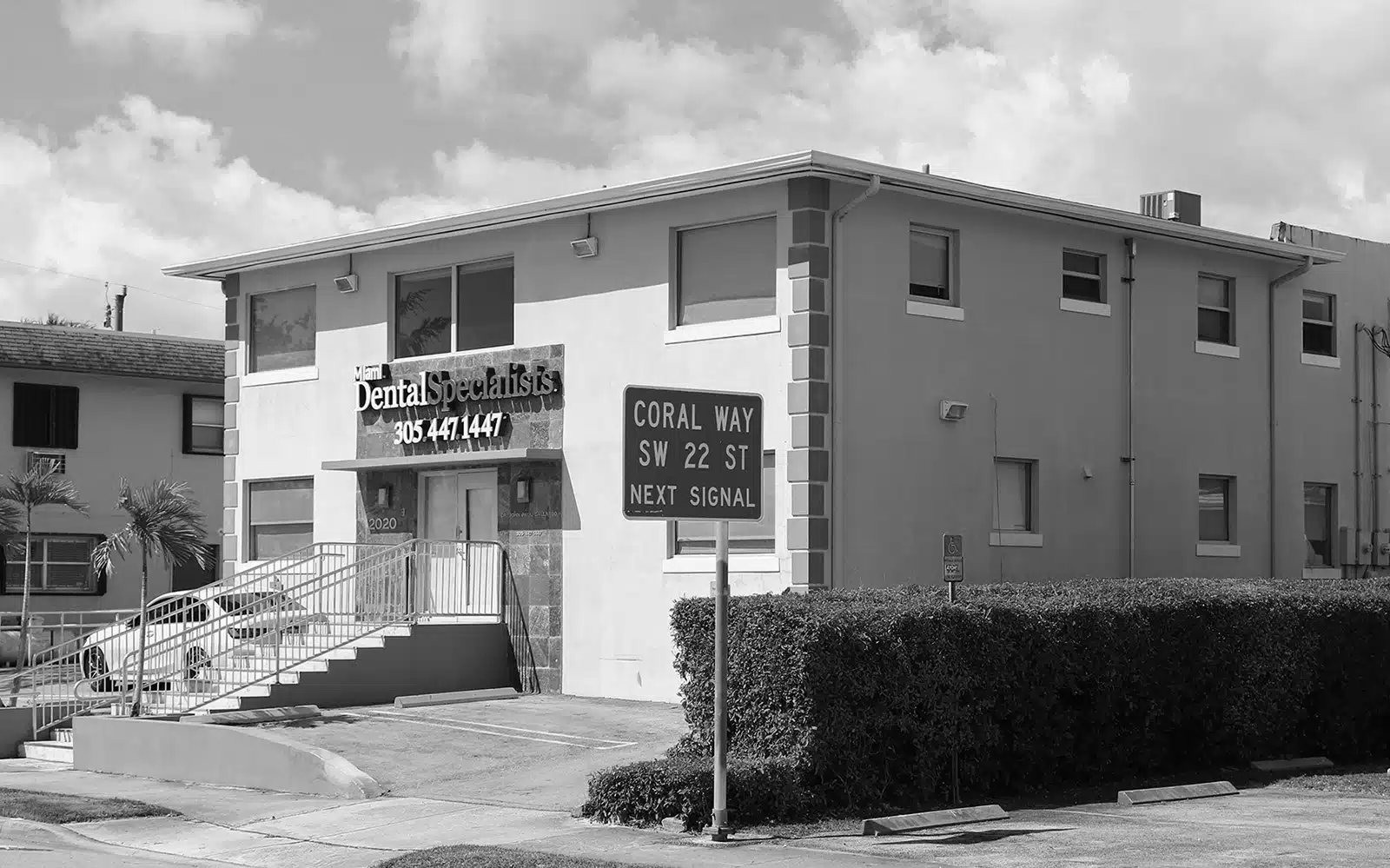
Renowned Miami, Florida dentist Dr. John Paul Gallardo provides insightful advice to enable you to heal perfectly following a root canal treatment. These rules will help you greatly enhance the healing process and protect your natural tooth structure for many years to come. Recall that maintaining good oral health is a lifetime dedication; a good root canal recovery marks only one step toward a beautiful, healthy smile.
What is a Root Canal and Why You Need One
Root canal therapy is crucial for preserving the natural tooth structure and preventing the need for extraction. The primary goal of a root canal treatment is to remove damaged or infected pulp from a tooth’s inner chamber. This treatment is necessary when the pulp, which contains blood vessels, nerves, and connective tissue, becomes inflamed or infected due to deep decay, repeated dental procedures (stress on the tooth), or a cracked tooth.
Leaving the infection untreated can lead to abscess formation, severe pain, and even tooth loss, as it can spread to the surrounding bone and tissues. By removing the infected pulp, cleaning the tooth’s inner chamber, and sealing it with a filling or crown, the tooth can be saved, and its function restored.
The good news is that most root canal patients do not experience substantial pain. There may be some pressure and discomfort as the dentist works on your tooth, but this is usually bearable and well-controlled with anesthesia. Following the root canal, you should notice a significant increase in the strength and condition of your tooth.
How Long Is the Recovery Time for a Root Canal?

1. Pain Management Techniques for Root Canal Recovery
It is natural for the treated area to feel somewhat sensitive following a root canal treatment. Your dentist could advise over-the-counter painkillers like ibuprofen or acetaminophen to help control discomfort and pain, or if needed she could prescribe stronger painkillers. One advised approach to lower swelling and ease discomfort is to use an ice pack on the afflicted area 15-minute intervals.
2. Eating and Drinking After a Root Canal Procedure
It is natural for the treated area to feel somewhat sensitive following a root canal treatment. Your dentist could advise over-the-counter painkillers like ibuprofen or acetaminophen to help control discomfort and pain, or if needed she could prescribe stronger painkillers. One advised approach to lower swelling and ease discomfort is to use an ice pack on the afflicted area 15-minute intervals.
Maintaining a healthy diet can also help promote overall dental health and prevent the development of gum disease, tooth decay, and other oral health issues. Stay away from acidic and sugary foods and drinks because they can damage your teeth and gums and make it more likely that you will lose teeth or need more dental work.
3. The Importance of Proper Oral Hygiene During Recovery
Maintaining good oral hygiene is crucial for the success of your root canal treatment and overall dental health. Daily brushing with a soft-bristled toothbrush to remove food particles can reduce inflammation and speed recuperation. Warm salt water mouthwash reduces inflammation and promotes healing.
Proper oral hygiene habits for the rest of your teeth during the healing process will prevent the development of plaque, the formation of tartar, and other dental health issues that may exacerbate pain and discomfort.
4. Maintain Regular Dental Check-Ups
Making regular cleaning visits is also important to keep an eye on the healing process and make sure that your root canal treatment works in the long run.
Your dentist will assess the treated tooth and surrounding tissues, checking for any signs of infection or complications. Regular check-ups also enable early identification and treatment of other dental problems, so preserving your best possible oral condition and avoiding the need for more root canal treatments.

5. How to Manage Swelling and Discomfort After a Root Canal
Swelling and discomfort are common after a root canal procedure. As mentioned above, apply an ice pack to the affected area during the first 24 hours. Gentle stretching exercises for the jaw, such as opening and closing the mouth slowly, can also help alleviate stiffness and discomfort. Elevating your head while sleeping can also help reduce swelling.
Pay attention to any abnormal or concerning symptoms after the root canal and contact your dentist if you experience severe or persistent pain, swelling, bleeding, discharge, or any other signs of infection or complications.
6. Rest and Recovery After a Root Canal
Giving your body ample time to heal will support a successful root canal recovery. Avoid strenuous activities and heavy lifting for a couple of days after the procedure, as these can increase blood flow to the treated area and exacerbate swelling. Ensure you get plenty of rest and allow your body to focus on the healing process. Gradually resume your normal activities as you start to feel better and the symptoms subside.
When to Contact Your Dentist for Post-Root Canal Concerns
While mild discomfort and swelling are expected after a root canal, there are instances when you should contact your dentist for further evaluation. To avoid a dental emergency, reach out to your dental care provider if you experience any of the following:
- Severe tooth pain or pressure that lasts more than a few days
- Visible swelling inside or outside your mouth
- A medication allergy can cause itching, rash, or breathing problems.
- The temporary crown or filling becomes loose or falls out
- Your bite feels uneven or uncomfortable after the numbness has worn off
Promptly addressing these concerns can help prevent complications and ensure a successful recovery.
If you suspect that you may need a root canal or any other dental intervention, don’t delay seeking professional help. Contact Dr. John Paul Gallardo, a highly experienced periodontist and dental implant specialist based in Miami. With over 25 years of expertise in the field, he can provide the comprehensive dental care you need. Call Gallardo Periodontics and Implant Dentistry at 305-447-1447 now to schedule your appointment and take the first step toward optimal oral health. Your smile deserves the best care.